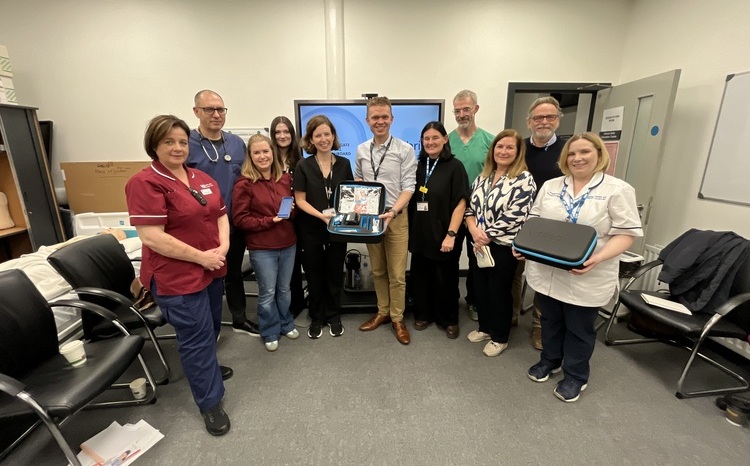CfH keeps fingers crossed on spine
- 5 January 2006
Despite assurances from NHS Connecting for Health last week that the problems with the Spine over the past two weeks have been resolved, guidance issued yesterday indicates the situation remains somewhat less certain.
A 4 January briefing issued by the CfH Choose and Book team on the problems with Choose and Book, stemming from technical problems with Spine Personal Demographic Service (PDS) since mid-December, states that it will not be clear whether the problem has been fixed until large numbers of users try to access the system.
The guidance says that it is hoped the cause of the problem has been identified, with a solution tested over the New Year weekend. "However the solution will only be proven when a large number of users access PDS on 4/5 January 2006 and therefore we ask that you use the Choose and Book system as normal from now on."
The extent of the current problems with the Spine and its PDS service are set out in the latest service availability figures from CfH which say that in the week ending 1 January the Spine had 95.8% availability, with one outage of 28 hours.
The CfH website adds that details about the service downtime and response times are being clarified with BT Spine, and that the figures "do not reflect the severely degraded response times experienced by users".
In addition the 95.8% figure reflects the availability of all Spine services, not just the PDS, which has been running at approximately 83.3% availability and providing "severely degraded PDS transaction response time service levels".
One trust IT director told EHI that the service figures were "simply unacceptable for any kind of clinical IT service". The Spine is intended to provide the critical IT infrastructure for the health service including the Care Records Service and is supposed to 100% robust, reliably available 24/7.
Previously reported problems with the Spine have included issues with its reliability and the amount of time it can take for users to log on using smart cards.
The latest problems with the Spine PDS have demonstrated how the Spine can provide a single point of failure and create serious problems for a range of NHS IT services reliant upon it. Use of the national Choose and Book service in primary care has been particularly badly affected.
CfH’s briefing note yesterday says that problems experienced by end users include "intermittent failure updating patient demographic information", "failure to automatically generate a patient password" and "occassional slower searches for patients".
According to the guidance, patient passwords are sometimes either not being generated automatically or not appearing on the referral print out provided to patients.
"The issue can arise as a result of slowness in a response from the PDS to a message from Choose and Book as has happened over the past fortnight, or from the PAS [hospital patient administration system] to confirm a booking, resulting in a time-out. However, it can also occur when more than two end users are trying to update the same patient records at around the same time."
The failure to generate a patient password creates particular difficulties as it means patients are unable to use book their appointment over the phone, or subsequently alter an appointment without coming back to the practice. Staff are instead advised to set patient passwords manually.
Despite these severe problems primary care professionals are urged to persist with the Choose and Book service. "Please continue to use Choose and Book in your practice. We appreciate it is a difficult time and may be frustrating, especially if this is your first experience of Choose and Book."
If the system doesn’t work first time staff advised "it is worth trying again as the same problem may not occur.
In response to questions from EHI, a spokesperson for CfH said: "Whilst performance with NHS Connecting for Health services has significantly improved, we continue to monitor any outstanding issues and take any necessary action to remedy them."
The spokesperson added: "We recognise the effect on users of this disruption. We routinely undertake lessons learned analysis to plan into any future releases as standard to provide improved quality of service to all our service users."
See also:
Choose and Book’s problems continue
NHS recovering from broken spine




